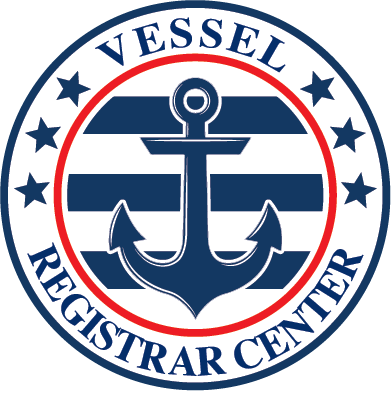Having all of your documentation in order before a trip out on the water is essential for boat owners. Even if you don’t own a boat, it’s good to know what kind of boat documentation you’ll need to go underway legally. One of the most critical responsibilities of a boat owner is to ensure proper vessel documentation. You should always check your boat before setting sail, regardless of whether you’re concluding your boating season or spending a day on the lake.
That does not imply you may disregard the law because of the business of boat ownership. If you don’t have the proper paperwork for your boat, you might face penalties and other legal issues. Knowing what paperwork is needed and how to keep it safe is preferable to putting yourself in danger by disregarding this part of boating. A short review of the most crucial boat documentation you’ll need before hitting the vast seas is provided here.

Vessel Registration
While it’s fantastic that your vessel has been newly painted and is ready for the summer season, it won’t help you much if it isn’t registered with the United States Coast Guard. Although it may seem inconsequential, you should never go out on the water without first registering your watercraft. Ensure to check with the United States Coast Guard for particular information on your vessel. It is necessary to have a Vessel Registration to possess a vessel, and having one indicates that you are accountable for any damage or harm caused by your vessel. The name of the vessel’s owner and details regarding the vessel’s size and description usually are included in this document.
Certificate Of Documentation
First and foremost, you must have a boat that is lawfully held by a citizen or business of the United States. You should ensure that your boat is appropriately documented. You will need to demonstrate that it is registered as a United States flagged vessel or owned by a United States individual or corporation to sail in specific locations. It is necessary to receive a National number from the United States Coast Guard to demonstrate ownership and compliance with federal rules. This is referred to as a certificate of documentation, and it will be connected to the logbook for your boat. In addition, it must be delivered to any authority that demands it while you are on the water, if applicable. In most sailing events or races, however, it is not compulsory; however, some yacht clubs urge you to bring a copy with you for their or the race committee’s records.
Marine Insurance Policy
You must have a marine insurance policy to protect your boat in an accident or loss at sea. This is one of the most critical papers you may have and is needed by law. Even if you’re the only yacht owner, it’s essential to have comprehensive coverage according to archives.gov. The hull identification number (HIN), vessel registration number, and the vessel’s name “must all be included.
In the event of damage to the boat, this is the most crucial document to keep with you. As a sailor, you must ensure that your boat, gear, and other possessions are adequately insured. If anything goes wrong and you are found to be responsible, you will be responsible for covering the damages yourself. If your boat is damaged or destroyed, you may rest easy knowing that you’re protected to the fullest extent possible by marine insurance coverage.
Certificate Of Inspection as Part of Boat Documentation Requirements
You must give the United States Coast Guard an inspection certificate when you acquire a vessel. The same is true if you purchase a yacht from people who are citizens of another country. Unfortunately, you will not be able to sail your yacht until you have this paperwork in your possession. If your vessel has been certified by the United States Coast Guard or fulfills the criteria of another recognized body, having this certificate may make purchasing a boat much simpler. If you have just acquired a small vessel, some documentation may need to be revised. Also vital is that your boat documentation is up to date if you want to take the vessel out of the nation where it was initially registered.
Bring those documents along if you want to spend a day on the water. Not to mention how much safer a boat will be to run if you have them on hand. Things become a little more complicated than most people realize regarding marine and yacht insurance. It doesn’t matter how strange your boating demands are, and you can count on the experts at Maritime Documentation Center to help you get them taken care of. We are available at 800-535-8570.




